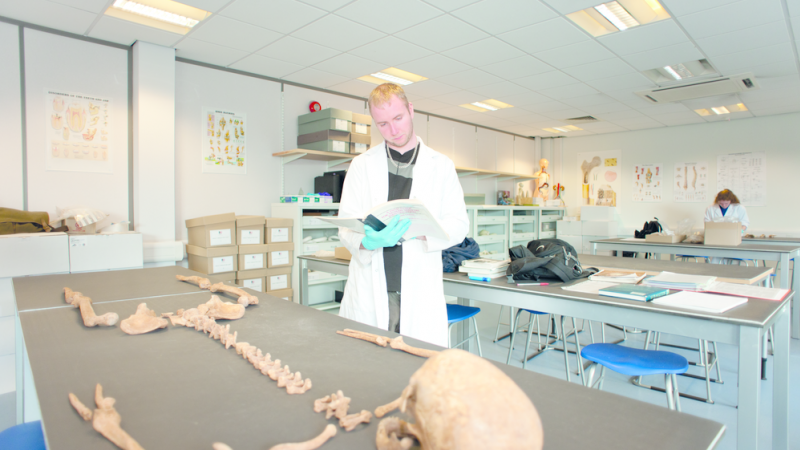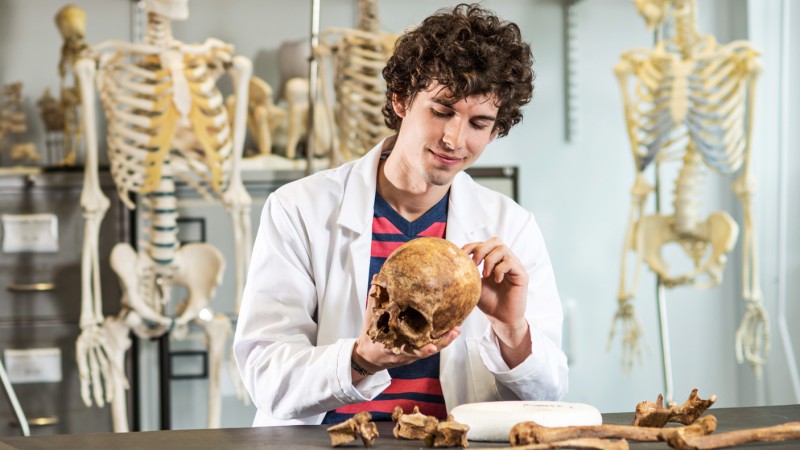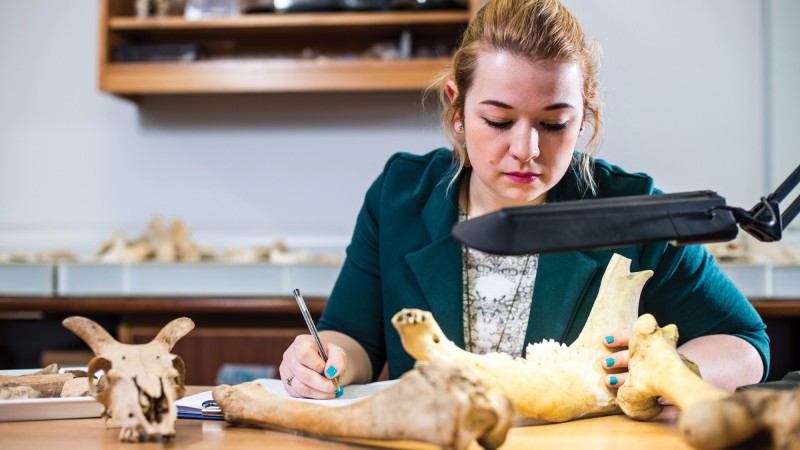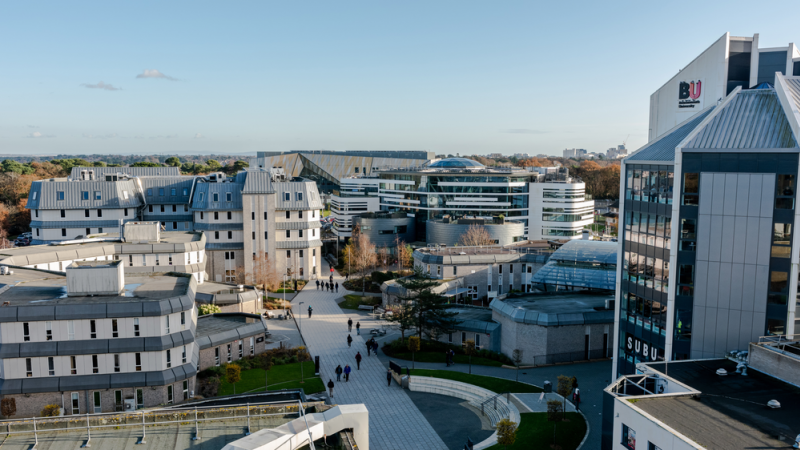Why study MSc Bioarchaeology at BU?
- Animal bones and human remains are amongst the most common finds on archaeological excavations of all periods
- The archaeological profession has an increasing need for staff with osteoarchaeological training, to assist in the interpretation of archaeological sites and understanding the human experience in the past, particularly their relationship with animals
- Choose one of two specialist pathways within the overall context of bioarchaeology
- MSc Bioarchaeology (Anthropology) – provides opportunities to understand the deeper human past and is ideal if you intend to pursue doctoral-level study of human evolution
- MSc Bioarchaeology (Osteoarchaeology) – gives you the opportunity to engage in more advanced study of non-human faunal remains. Practical experience of the methods and techniques used for recording and analysing osteological remains is embedded throughout the course.
We hold one of the largest human remains collections among UK universities
We have an incredible collection of human skeletal remains, comprising more than 700 specimens. This is one of the largest such collections to be held by any UK university. Our zooarchaeology collection contains over 500 known reference skeletons of mammals, birds, fish and reptiles, including everything you need from cows and wild boar to mice and frogs. We also have licenced specimens of rare and endangered species in this collection.
Key information
Next start date:
September 2023, September 2024
Location:
Bournemouth University, Talbot Campus
Duration:
September start: 1 year full-time, 2 years part-time
Required subjects:
Archaeology, History, Biological Sciences, Biological Anthropology, Anthropology, Forensic Investigation, Forensic Biology, Forensic Science
Entry requirements:
A Bachelors Honours degree with 2:1 in a required subject. For more information check out our full entry requirements.
International entry requirements:
If English is not your first language you'll need IELTS 6.0 (Academic) with a minimum of 5.5 in each component. For more information check out our full entry requirements.



